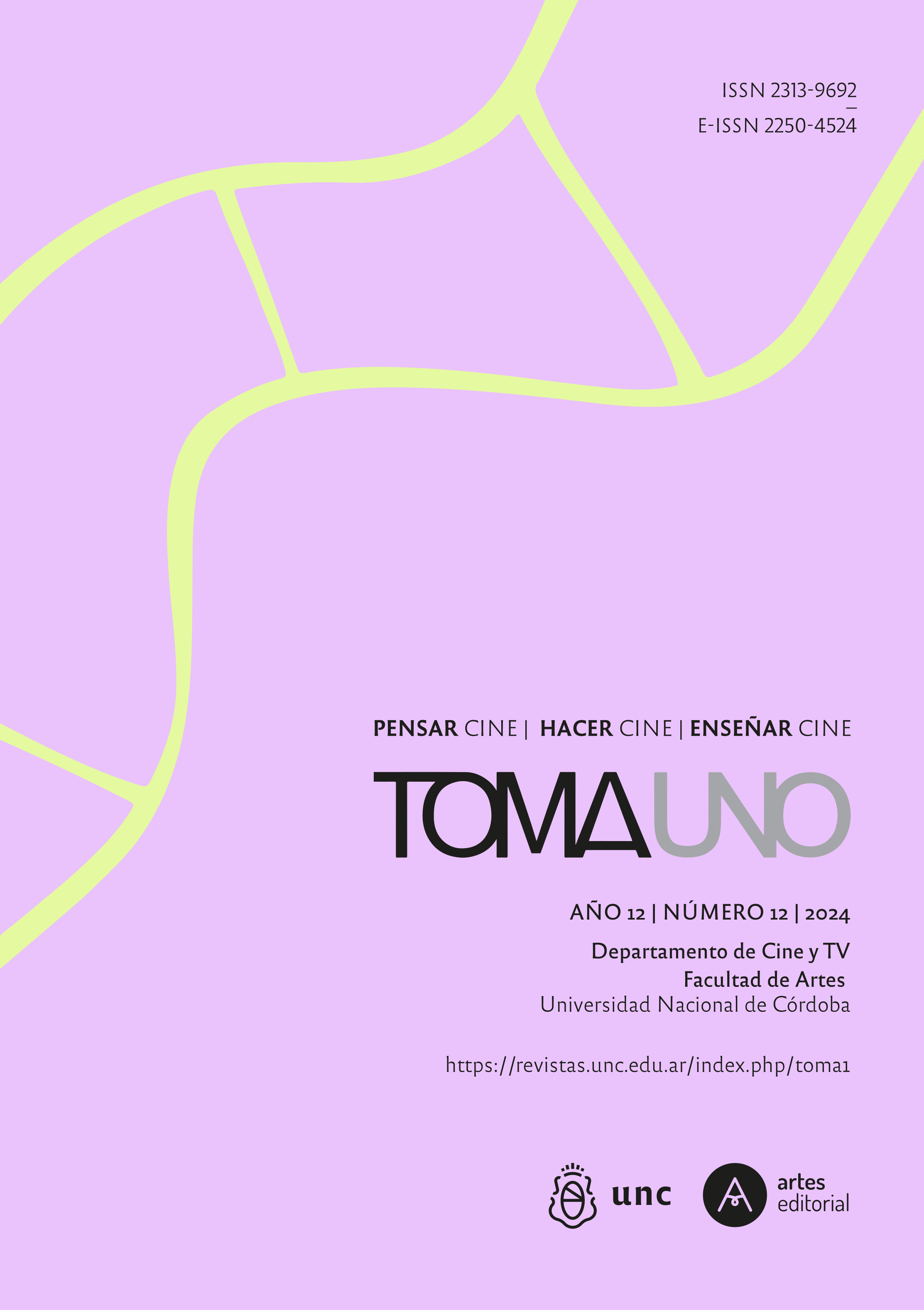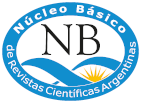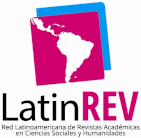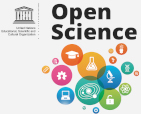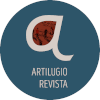From the Soul to the Disorganized Body: A Posthumanist Project that Weirds Uruguayan Cinema
DOI:
https://doi.org/10.55442/tomauno.n12.2024.47083Keywords:
posthumanism, uruguayan cinema, semiotics, Body without OrgansAbstract
This text explores the characteristics of two Álvaro Buela's films, Alma mater (2005) and El proyecto de Beti y el hombre árbol (2014), for their particular (dis)location in the local cinematographic space.
In their explicitly assumed weirdness, which traverses representation and the represented, both films seem to conform a strange body, alien to the forms of representation of the dominant realism.
From a Peircean semiotic perspective, articulated with Deleuze and Guattari's concept of the Body without Organs, the analysis invites an exploration of the productivity of an anomalous aesthetic and narrative project. This aims to envision the emergence of a sensibility beyond the human, which exceeds the Cartesian matrix of the Western modern subject.
Downloads
References
Artaud, A. (1947/2013). Para terminar con el juicio de dios - El teatro de la crueldad. Buenos Aires: Cuenco del plata.
Buela, A. (2016). La más perdida. Incorrecta, 5, p. 5. https://ladiaria.com.uy/articulo/2016/2/la-mas-perdida/
Buela, A. (2015). Los diez años de Alma mater y otras insumisiones. Revista Lento, 3(31), pp. 12-15.
Campaña solidaria a través de las redes para ayudar al dramaturgo Alberto Restuccia. (26 de julio de 2017). ttps://www.montevideo.com.uy/Tiempo-libre/Campana-solidaria-a-traves-de-las-redes-para-ayudar-al-dramaturgo-Alberto-Restuccia-uc349943
Deleuze, G. (2006). Conversaciones. Valencia: Pre-Textos.
Deleuze, G. y Guattari, F. (1997). Mil mesetas. Capitalismo y esquizofrenia. Valencia: Pre-textos.
Deleuze, G. y Guattari, F. (1974). El antiedipo. Barcelona: Barral.
Fisher, M. (2022). Constructos Flatline. Materialismo gótico y teoría-ficción cibernética. Buenos Aires: Caja Negra.
Foucault, M. (2004). La arqueología del saber. Buenos Aires: Siglo XXI.
Foucault, M (1989). Vigilar y castigar. Buenos Aires: Siglo XXI.
Hamed, A. (2015). Noventa gramos de mortadela. H enciclopedia. http://www.henciclopedia.org.uy/Columna%20H/HamedNoventagrsdemortadela.htm
Maneiro, C. (2022). Estética de la pobreza en el Nuevo Cine Uruguayo [tesis de grado, Facultad de Información y Comunicación, Universidad de la República].
Peirce, C. S. (c. 1893-1903). The Charles S. Peirce Papers. Cambridge: Harvard University Library, Photographic Service.
Peluffo Linari, G. (2018). Crónicas del entusiasmo. Arte, cultura y política en los sesenta: Uruguay y nexos rioplatenses. Montevideo: Banda Oriental.
Polleri, F. (2005). El alma del mundo. Montevideo: Yaugurú.
Preciado, P. B. (2019). Un apartamento en Urano. Crónicas del cruce. Barcelona: Anagrama.
Prósperi, G. (2005). El cuerpo poseído como una forma de cuerpo sin órganos. Revista de Filosofía y Teoría Política, 36, pp. 53-83.
Rama, Á. (1966). Aquí cien años de raros. Montevideo: Arca.
Zizek, S. (2006). Órganos sin cuerpo. Sobre Deleuze y consecuencias. Valencia: Pre-textos.
Filmografía
Buela, A. (Dir.) (2014). El proyecto de Beti y el hombre árbol [largometraje]. Uruguay: Auto/Cine.
Buela, A. (Dir.) (2005). Alma mater [largometraje]. Uruguay: Austero Producciones, Xerxes Indie Films.
Downloads
Published
Issue
Section
License
Copyright (c) 2024 Matías CarbajalThis work is licensed under Creative Commons Attribution-NonCommercial-NoDerivs 2.5 Argentina .

